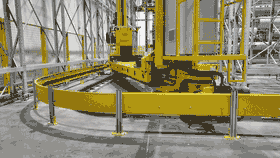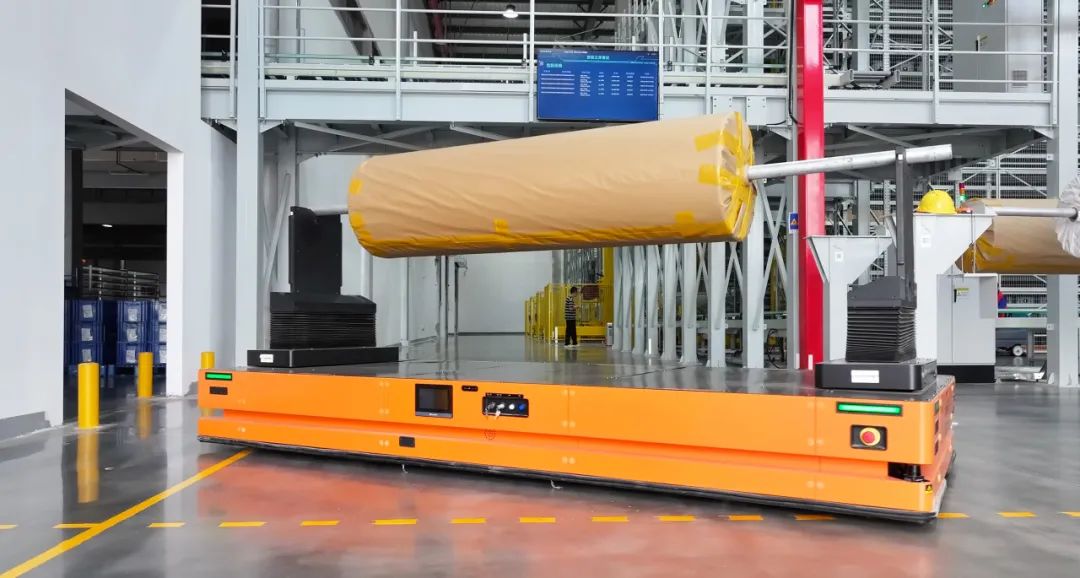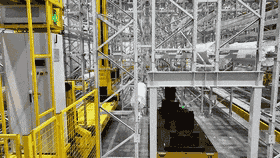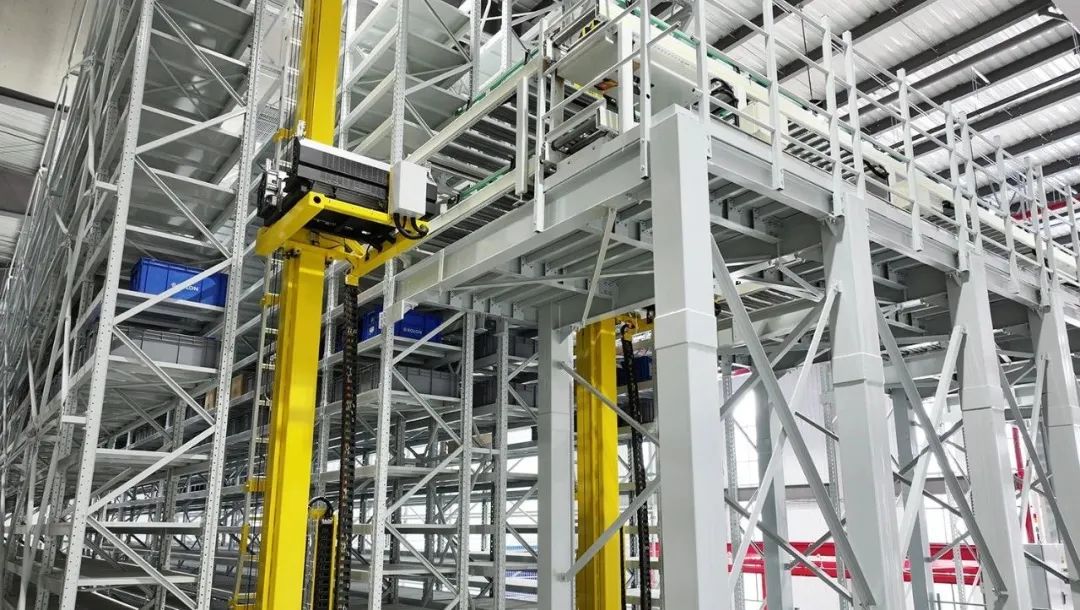Amid the ongoing wave of automotive intelligence and electrification, safety—long regarded as a fundamental performance cornerstone—is being redefined. A leading intelligent automotive safety component manufacturer remains deeply rooted in the field of passive safety, with a strong focus on core products such as airbags. In response to surging orders, increasingly complex materials, limited space, and fragmented information, the company faces mounting pressure to break away from traditional manufacturing models. By embracing intelligent solutions, it aims to address dual challenges in production and logistics, significantly enhancing delivery efficiency and overall operational performance.
A disconnect between production planning and execution, coupled with unclear task assignment processes, leads to poor visibility over job priorities and resource allocation on the shop floor. As a result, collaboration becomes inefficient and response times are delayed, disrupting the overall rhythm of the production line.
The absence of a unified order management and traceability system results in delayed status updates and misalignment between material preparation and shipment schedules. This compromises delivery accuracy and erodes customer satisfaction.
Inefficient material flow and mismatches between replenishment and consumption create imbalanced inventory structures. The coexistence of excessive raw materials and stagnant finished goods not only consumes valuable warehouse space but also drives up management and operational costs.
To address the above challenges, the company partnered with EFORK to develop a smart factory project that integrates raw material storage, production lines, and intra-factory logistics.
The project centers on core equipment including an automated storage and retrieval system (AS/RS), conveyor system, and a PTL (Pick-to-Light) system. Material delivery is handled collaboratively by CTU robots and omnidirectional latent AGVs, enabling fully automated material picking and loading. Finished product dispatch is integrated with an automated packaging system, ensuring seamless information sharing and full traceability across the flow of raw materials, semi-finished products, and finished goods, as well as auxiliary materials.
By reinforcing data integration, full-process automation, and site-wide digitalization, the factory has achieved real-time visibility and intelligent management, significantly improving operational efficiency and decision-making precision—paving the way toward high-efficiency intelligent transformation.
In response to rising raw material prices and increasing labor costs, the manual picking process posed challenges such as frequent errors and low efficiency. To address this, EFORK implemented a solution combining the PTL system with CTU tote-handling robots. This significantly reduced manual picking errors and boosted overall operational performance.
The system offers multiple advantages: real-time inventory and task updates to ensure on-time material delivery; agile responses to dynamic production plans and order changes; and end-to-end data traceability that supports optimized production workflows and inventory control—driving the implementation of lean operations.
Key Challenges and Solutions
Challenge 1: Balancing Cost Control with Customer Demands
Solution:
To meet the customer's cost-reduction goals, the project adopted a rail-changing stacker crane, which operates efficiently across multiple aisles. This solution prioritizes operational efficiency while significantly reducing the number of devices required, thereby lowering overall investment costs.

Challenge 2: Enhancing Storage Capacity and Achieving Seamless Information Flow in a Limited Space
Solution:
Faced with fixed plant layouts, height constraints, and narrow aisles, EFORK optimized multifunctional zone planning to increase storage density and operational efficiency, while ensuring end-to-end digital management connectivity.
To accommodate high-volume material storage, automated warehouses for raw coil materials, semi-finished products, and auxiliary materials were introduced, replacing traditional ground stacking and flat storage, and exponentially increasing unit storage capacity.
Integrated operation of conveyors, elevators, AGVs, and stacker cranes throughout the facility enables real-time material replenishment and storage across multiple floors. This end-to-end automation between production lines and warehouses drives a transformational leap in overall efficiency.
Challenge 3: Handling Large Raw Material Dimensions
Solution:

In response to the large size and weight of fabric rolls (up to 3.2 meters in length and 1 ton in weight), EFORK developed a custom omnidirectional latent AGV for automated handling. This tailored solution offers high flexibility and mobility, reduces layout costs, improves space utilization, and ensures safe, deformation-free transport.
For vertical storage, a customized fork structure on the stacker crane was engineered to precisely accommodate fabric roll characteristics, ensuring reliable and efficient system performance.

Given the coexistence of various tote and carton sizes within the facility, EFORK implemented a tote-based AS/RS stacker crane solution to support high-volume, multi-category semi-finished and finished goods logistics.
The solution features a dual-deep, adjustable clamping telescopic fork, which adapts automatically to different tote and carton dimensions. Integrated with elevators, conveyors, and other overhead transport systems, it further optimizes internal material flow.
Combined with EFORK’s self-developed WMS, WCS, and EFMS platforms, the system enables full-chain data connectivity across personnel, equipment, materials, methods, and environment, driving the deep integration and execution of smart logistics and lean management.

In addressing the challenges of intelligent transformation in the automotive components industry, EFORK provided a tailored smart logistics solution that overcame spatial, material, and information bottlenecks. The project successfully realized full-process automation and information integration across warehousing, production, and distribution—significantly improving operational performance and delivery reliability, and accelerating the company’s advancement toward lean, intelligent operations.